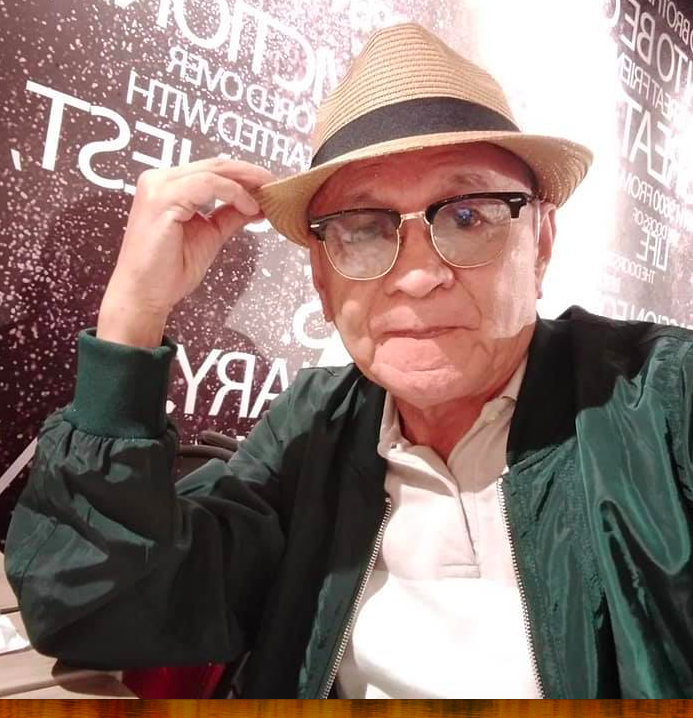
FERNANDO FAJARDO
To coordinate and direct the development of Metro Cebu, the Central Visayas Regional Development Council (RDC VII) created in the 1990s the Metro Cebu Development Council (MCDC). Misunderstanding about the role of the council, led to its demised few years later.
The idea came back after seeing the fast deteriorating infrastructure and services in Metro Cebu. This time, the initiative largely came from the business sector, which sees a bright future for Metro Cebu if only its development is properly guided. Thus created the Metro Cebu Development and Coordinating Board (MCDCB) under the RDC with members coming not only from government but also from the different business groups in Metro Cebu.
Since the Board’s inception in 2011, the Ramon Aboitiz Foundation Inc. (RAFI, Inc.) has provided support to its operation by organizing the Research, Program, and Organization Development (RPOD) Management Office. This caught the attention of Japan International Cooperation Agency (JICA). Soon JICA consultants came to help the MCDCB prepare its development vision. This was followed in 2014 later with the preparation of the Roadmap Study for Sustainable Urban Development in Metro Cebu and, lately, with the preparation of the Master Plan Study and Institutional Development on Urban Transport System in Metro Cebu.
So what is the present status of work of the MCDCB?
Firstly, the board is now pushing the implementation of the completed Roadmap. This includes the completion of the (1) Metro Cebu Flood Control and Drainage Master Plan Study, with identified P44.0 B worth of projects. Projects for priority rivers in Cebu City and Mandaue City are ongoing, with national government funding since 2016, amounting to more than P2.0 B at present. A 3-year implementation plan is being prepared and need to be pushed to central office for further fund support.
(2) Preliminary and full scale Feasibility Study for Septage Treatment has been completed with funding and technical support from JICA and the City of Yokohama. By 2nd quarter or mid-year 2019, Detailed Engineering Design and preparation of Grant Agreement will commence. JICA provides more than P1.0 B grant-in-aid amounting with MCWD as counterpart organization. The treatment plant will serve more than 100 barangays in six LGUs.
(3) Funded by JICA, the Master Plan Study and Institutional Development on Urban Transport System in Metro Cebu is now nearing completion. Various projects have been identified, and some pilot projects are already started, including providing assistance to select LGUs for Local Public Transport Route Planning, Comprehensive Land Use Planning, and Traffic Signal Synchronization.
(4) Feasibility Study for the fourth Cebu-Mactan Bridge has also commenced, with funding from JICA. It is due for completion by 3rd quarter of 2019. Instead of the Dual-Mode Bridge identified during the Roadmap Study, this will be a road bridge with alignments currently under study as well as Mandaue coastal road.
(5) Private sector efforts, with Government of Japan fund assistance and MCDCB support for waste management, particularly plastic waste recycling, has been expanded (after pilot phase). A plant is currently operating in Consolacion.
(6) The MCDCB Sub-Committee on Transport and Traffic Management has been working with LGUs for the following: (6.1) synchronization of Traffic Code; (6.2) Mega Cebu Traffic Enforcers Academy; (6.3) coordination re Traffic Management policies and practices; (6.4) Road Safety.
(7) Metro Cebu Circumferential Road (Expressway) from Danao to Naga has been pushed by MCDCB. Currently with P600M GAA funding, the project requires P27.0 B to complete. DPWH is considering PPP for this.
(8) Other road projects (bypass, corridors, etc.) have likewise been pushed for DPWH GAA funding, including a parallel road to Escario St. and other sections/intersections.
(9) Private sector initiative like sea ferries and cable car (Aerial Ropeway Transit) have likewise been recognized and included in the masterplans, apart from road and rail-based transport.
(10) Proposed ICT-enabled and supported projects are discussed and pushed, including an Integrated Operations Center (IOC) for Intelligent Transport System, Public Safety and Security, Disaster Risk Reduction and Management, Flood Control, etc.
(11) MCDCB has been pushing for more sustainable supply, including surface water impounding and utilization.
(12) For DRRM, the Board worked with GIZ in the preparation of vulnerability and suitability maps to serve as basis for LGU planning.
Finally, the Board is now awaiting the decision of Congress on the proposal to create the Metro Cebu Development Authority (MCDA).
There you are Mega Cebu enthusiasts.